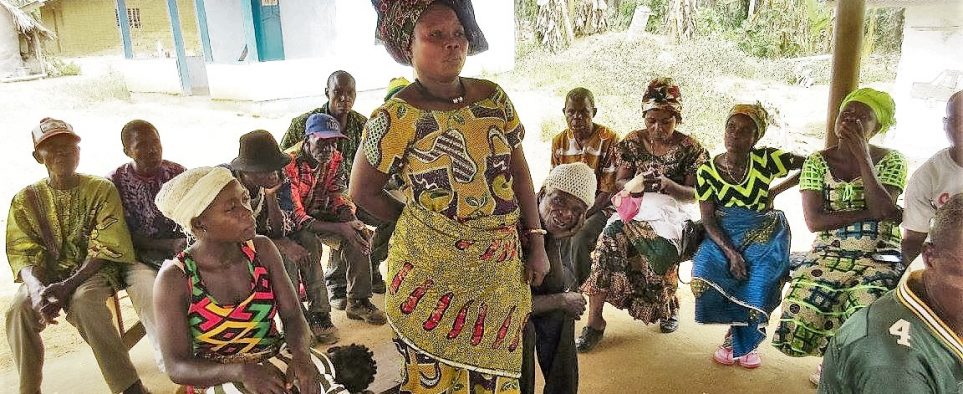This week zoos have put out a warning to the fans of their primate exhibits – if you love Orangutans, make sure your Halloween candy isn’t ruining their habitat. Palm oil is now a major ingredient in candy. Unsustainably farmed, it increase forest fire risks and destruction of natural forests in the Orangutan’s native lands of Indonesia and Borneo.
But Orangutans aren’t the only ones affected by palm oil. Palm oil demand has exploded recently, and its production has been expanding across the globe. NomoGaia spent much of 2016 looking at palm oil in Liberia for a sense of how this expansion changes the risks (and opportunities) for palm oil as a responsible crop.
The good news:
There are no orangutans at risk in Liberia.
The bad news:
That might be part of the reason the major human rights risks of palm oil operations in Liberia are flying under the radar. Issues that have been flagged for the palm oil sector in Indonesia and Malaysia don’t necessarily apply in growing palm oil markets like Liberia, Nigeria and Cote d’Ivoire.
Examining the Humans at Risk:
While piloting a methodology for Human Rights Risk Assessment, NomoGaia evaluated the risks of one particular plantation in Liberia: The Equatorial Palm Oil (EPO) plantation owned by Malaysia’s KLK palm oil company.
Risk assessment only looks at the risks of an operation, not the potential benefits, so the findings only reflect the actual and potential adverse outcomes of EPOs operations. The risks are many: wages for subcontractors are unlivable, housing conditions are unsanitary, working conditions are unsafe and troubled relations with communities have been soured by delayed implementation of promised benefits.
Read the risk assessment here, and contact us for more information if you’re interested!



thanks for showing us. Thank you
nice post
Thank you for sharing this information with us.